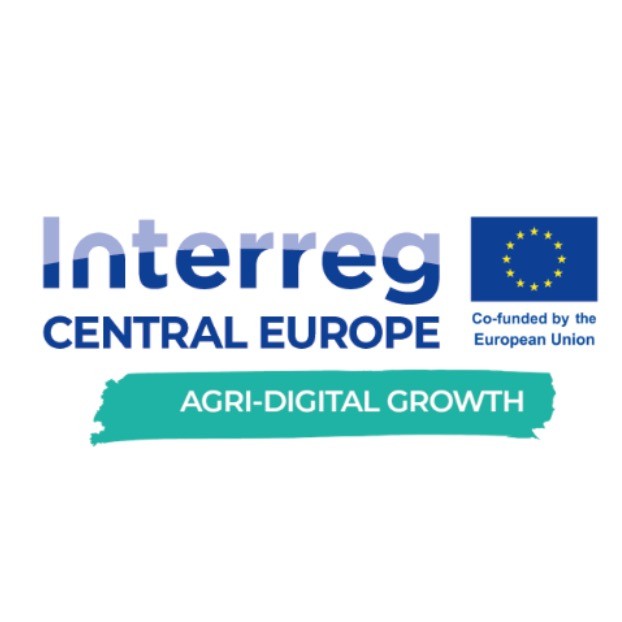From his office at Politecnico di Milano, professor Matteo Matteucci coordinates the activities of an experimental unit, busy with AGRIFOOD TEF, a large project funded by the Digital Europe programme, to set-up and develop testing facilities for innovation in the agrifood sector. “What we are trying to do – he explains – is to organise the broadest possible access to opportunities of testing and experimenting innovation in the agricultural and food production sectors, something that until now did not exist in Europe. Our team is involved in particular in the benchmarking of technologies and instruments based on AI and Robotics for the agrifood sector . The overall idea is that companies or innovators can actually design the ideal setting to test their innovations in very realistic environments. We are also conducting other projects. One that we are very keen on is about a robotic arm to be used in fruit picking. We are trying to solve problems related to computer vision for fruit recognition and to design the optimal position for the catching movement, which also entails calculating the exact strength at which the arm should operate under different circumstances.”
As a professor of Computer Engineering, Matteucci shares his view on the emergence of new profiles in agriculture. “The first thing we should bear in mind – he says – is how much agriculture is becoming data intensive. Almost anything in agriculture, offers the possibility to acquire data, from plant health to soil moisture and weather conditions. How to use that data is the challenge we, as the scientific community, are trying to address. We have seen an impressive development of technologies, and more will come in the future, with advances in artificial intelligence and in computational capabilities. Yet, this has to be managed by human skills to drive the process on the field. In this sense – he continues – I am inclined to think that there are two main directions in which efforts should be made, from the perspective of new skills. On the one hand, we need to have agronomists, or people that have an agronomic background, who have a good vision of what data and technologies can do for them and for farming. These people should not be engineers, but should be able to make choices based on a sound understanding of how those choices will affect their operations. On the other hand, on the engineering side, we need to develop the capacities of those who will work for the agricultural sector, to frame agricultural related problems in the most appropriate way, taking into account variables that are typical of farming and do not necessarily apply to other industrial sectors. Working in an agricultural environment means for instance that you deal with a totally different set of external conditions, such as the weather, the terrain, or connectivity”.
Politecnico di Milano has recently launched a Master’s Degree in Agricultural Engineering, offered in English at the campus of Cremona, in the southern part of Lombardy. It is a first of its kind in Italy and among the few ones available in most of Central Europe’s countries. “We believe this could provide an answer to those needs – says Matteucci – but we will need to assess its impact in a few years from now”. What about the Central Europe region, we ask. What is your perception of excellence in the region? “To be honest, I do not have a complete mapping of research capacities, especially on the agronomic side. On more technical matters, we enjoy a very fruitful collaboration with the Josephinum Research Institute in Austria, and with the University of Maribor in Slovenia. We’re certainly open for more exchanges, especially for new testing and experiments”.
